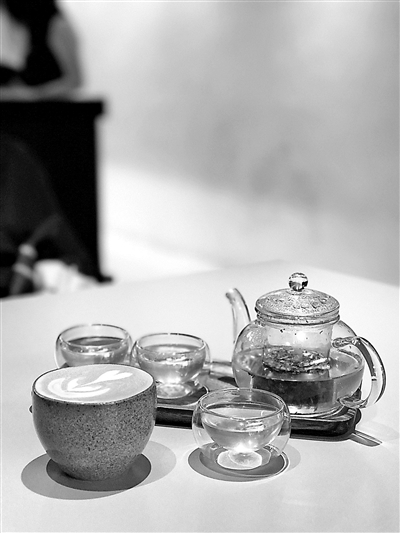
It’s spring tea season again. The problem of pesticide residues in tea can be said to have never stopped, and there will be some very eye-catching posts from time to time. Let’s talk about whether the problem of pesticide residues in tea is serious today. Is drinking tea really equal to drinking pesticides?
Why do you want to use pesticides in tea?
Tea is widely loved because of its natural and healthy properties, and even a necessary drink for many people every day. Tea drinkers naturally hope that the tea they drink is green and pollution-free, without pesticides or other harmful substances, but this is unrealistic.
Tea trees usually grow in a warm and humid environment, which is prone to pests and diseases, and the use of pesticides is inevitable in the process of large-scale planting. According to statistics, there are dozens of pesticides used on tea trees or tea leaves at present, mainly pesticides and herbicides.
What pesticides are mainly used in tea?
China began to use pesticides in tea production in the early 1950s, with a history of more than 60 years. In the first 20 years, DDT and HCH were mainly used in tea, so the level of pesticide residues in tea at that stage was the highest.
Later, people gradually realized that these pesticides would remain in the environment for a long time and would not be degraded, so that they could be found in almost every corner of the earth, which brought lasting pain to our living environment, so countries banned their production and use one after another.
With the development of society, more and more pesticides with high residue or high toxicity have been eliminated and replaced by some pesticides with high efficiency and low toxicity. Tea is no exception. The Food Safety Law of People’s Republic of China (PRC) stipulates that it is forbidden to use highly toxic and highly toxic pesticides in crops such as vegetables, fruits, tea and Chinese herbal medicines.
Is the pesticide residue on tea harmful?
Since pesticides are applied to tea, there will inevitably be some residues, but there are two different things: pesticide residues and pesticide residues exceeding the standard.
All the pesticides allowed to be used in tea by the state are low toxic pesticides, and the Maximum Pesticide Residue Limit in Food of National Standard for Food Safety (GB2763-2016) stipulates the limit requirements of 48 pesticides in tea. These limit values are obtained according to scientific risk assessment. As long as the pesticide residue in tea does not exceed the standard, it is safe for consumers.
Moreover, most of the fat-soluble pesticides used in tea are pyrethroids, and the amount that can be leached into tea is very limited in the process of making tea.
In short, having pesticide residues does not mean harm. The human body is not so "incompetent", it can metabolize a small amount of pesticides or other harmful substances that enter the body, or it is a cliche: it is hooliganism to talk about toxicity without dosage! Not only tea, but also pesticide residues in other agricultural products.
How to reduce pesticide residues in tea?
Although the pesticide residues in qualified tea that meet the standards are safe for consumers’ health, everyone definitely wants to consume as little pesticides as possible. In order to reduce pesticide residues in tea, we can start from the following aspects:
1. Tea farmers use pesticide varieties with low residue and easy degradation in accordance with state regulations, and strictly control the usage.
2. Ensure the safe interval of tea picking. As a kind of plant, tea itself has a certain metabolic ability to pesticides. Picking tea after spraying pesticides for a period of time (ranging from 7 to 15 days) can significantly reduce the residual pesticides in tea.
3. Using ecological control measures to control pests and reduce the use of pesticides will also greatly reduce pesticide residues in tea.
Consumers should buy tea produced by regular manufacturers.
Text/Dr. Wang Xiaodan